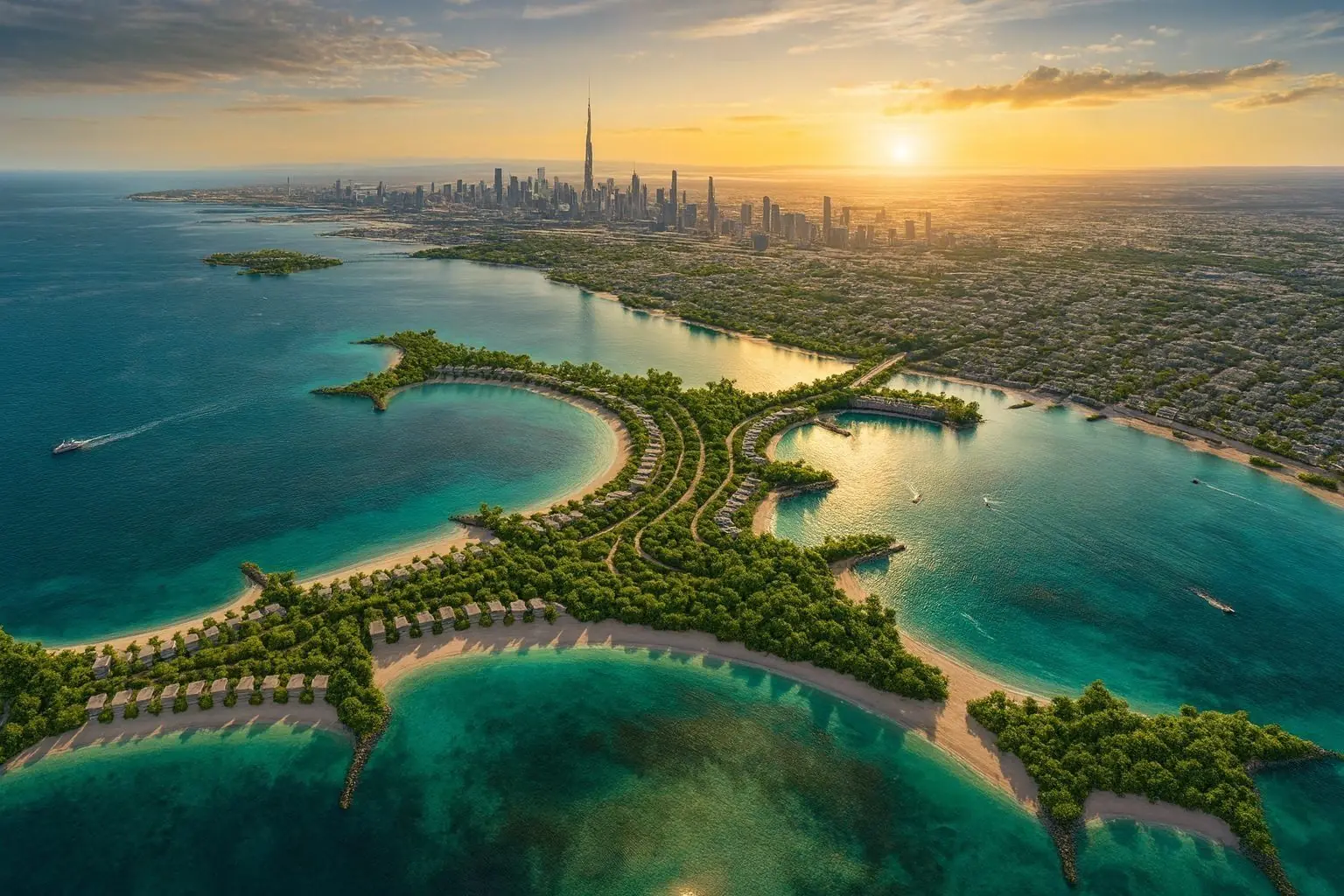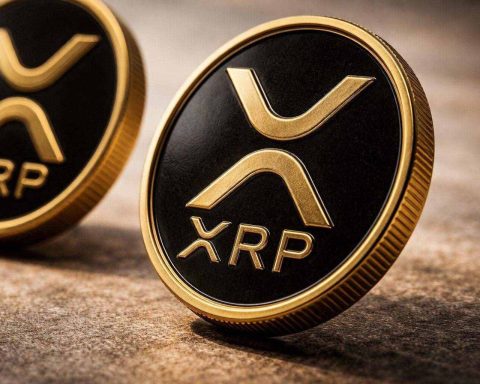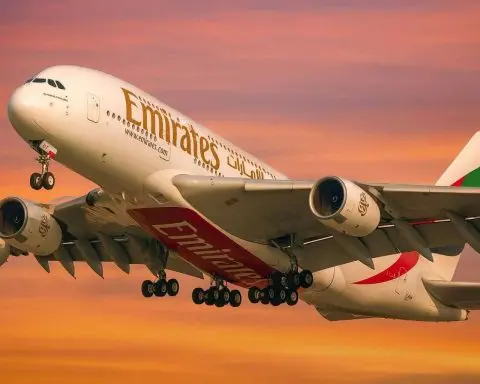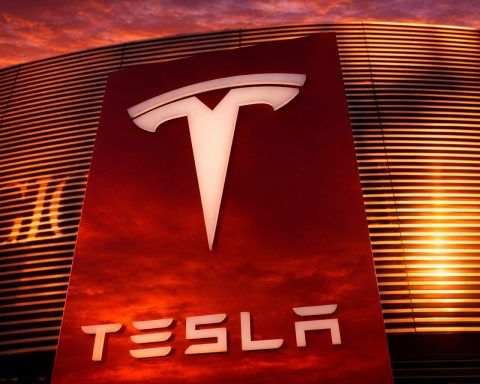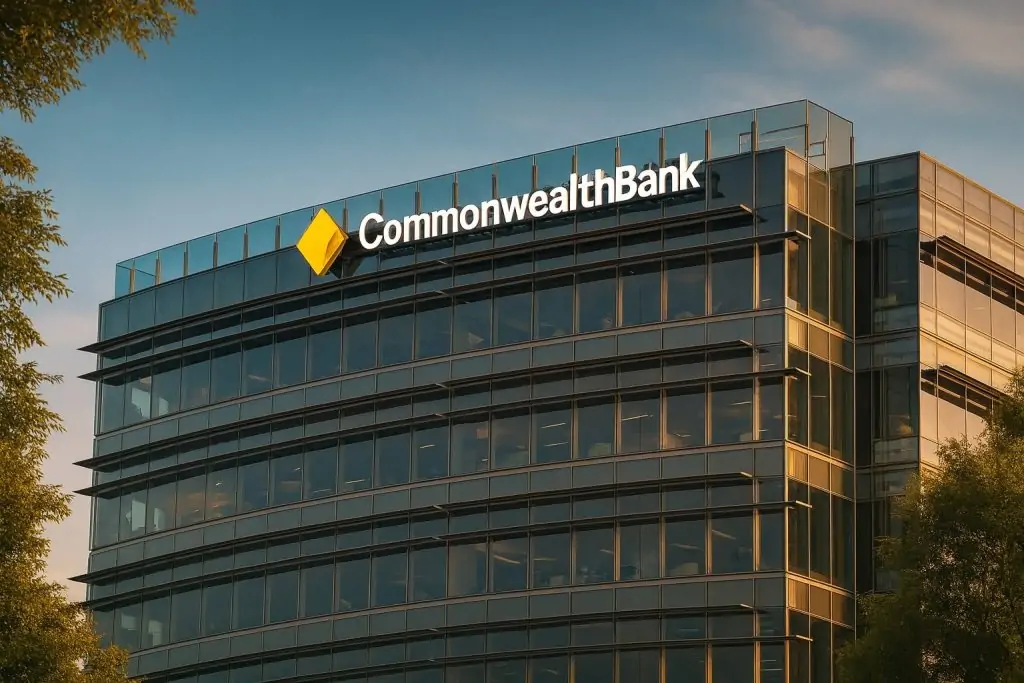London/Dubai – 24 November 2025 — Lakshmi N Mittal, the Indian‑origin “King of Steel” and for years one of Britain’s richest residents, has now formally joined the growing billionaire exodus from the UK.
After nearly three decades in London, Mittal has shifted his tax residence to Switzerland and is expected to spend much of his time in Dubai, where he already owns a mansion and has bought plots on the ultra‑exclusive Naïa Island, according to multiple media reports citing advisers and sources close to the family. The Times
His move, widely reported today across UK, Indian and Gulf outlets, comes just days before Chancellor Rachel Reeves unveils a new Budget expected to tighten the fiscal screws further on the ultra‑rich. The Times
Who is Lakshmi Mittal?
Lakshmi Niwas Mittal, 75, is the founder and executive chairman of ArcelorMittal, the world’s second‑largest steelmaker, employing more than 125,000 people across over 60 countries. The Independent
Born in Rajasthan and raised in a steel‑trading family, he built his empire by buying struggling mills from Trinidad to Eastern Europe and turning them around, culminating in the 2006 mega‑merger that created ArcelorMittal. The Times
In Britain, Mittal became a symbol of global wealth:
- He topped The Sunday Times Rich List a record eight times, with his fortune once estimated at nearly £28 billion. The Times
- His London properties on Kensington Palace Gardens — including the 55,000 sq ft “Taj Mittal” mansion clad in marble from the same quarry as the Taj Mahal — became shorthand for billionaire‑level opulence. The Independent
- He has been a major donor to UK institutions and a past benefactor of the Labour Party under Tony Blair and Gordon Brown. The Times
Despite that deep entanglement with British public life, media reports now agree: Mittal’s era as a UK‑based magnate is effectively over. The Times
Why Mittal is Leaving the UK Now
Today’s coverage across outlets from The Independent to Times of India, India Today and Gulf‑based media sketches a consistent picture of why the steel tycoon is heading for friendlier shores. Gulf News
1. The death of the “non‑dom” era
For years, Mittal benefited from the UK’s non‑domiciled (non‑dom) tax regime, which allowed wealthy residents with foreign domiciles to pay UK tax only on income and gains generated in Britain, not worldwide. The Times
That regime has now been scrapped by Labour. Reeves abolished non‑dom status in April, closing a 200‑year‑old system that had helped make London a magnet for mobile global fortunes. The Times
2. Inheritance tax on global assets
Advisers quoted in UK coverage stress that the real breaking point wasn’t income or capital gains tax, but inheritance tax (IHT). Under current rules, long‑term residents can find their worldwide estates dragged into the UK IHT net, with rates up to 40%. The Times
Sources described wealthy foreign residents as baffled that assets held anywhere in the world could be subject to UK death duties — a major factor, they say, in Mittal’s choice to leave. The Times
3. A drumbeat of tax rises — and “exit tax” fears
Since taking office, Reeves has:
- Raised capital gains tax and trimmed reliefs available when entrepreneurs sell businesses
- Tightened rules on how family firms can be handed down across generations
- Floated, then apparently dropped, the idea of a 20% “exit tax” on people who move abroad after building wealth in the UK The Times
Her new Budget this Wednesday is expected to plug a roughly £20 billion fiscal hole via further tax hikes on high earners and large fortunes, fuelling anxiety that the rules could shift again. The Times
Indian business media today paint Mittal’s move as a rational response to what they describe as a climate of “policy unpredictability” and creeping tax creep on wealth and inheritance. India Today
Where He’s Going: Switzerland Residency, Dubai Lifestyle
According to British and Indian reports, Mittal is now a tax resident of Switzerland while preparing to base much of his personal and family life in Dubai. The Times
Why this combination?
- Switzerland generally allows heirs to receive inheritances with little or no tax in many cantons, making it especially attractive to families worried about UK‑style estate levies. The Times
- Dubai imposes no personal income tax and no inheritance tax, and aggressively markets long‑term residency visas for high‑net‑worth individuals. The Times of India
Mittal already owns a lavish home in Emirates Hills — often dubbed “the Beverly Hills of Dubai” — and has now acquired land on Naïa Island, an upcoming luxury enclave being built just off Dubai’s Jumeirah coastline. India Today
What is Naïa Island — and Why is Mittal Moving There?
Today’s detailed explainer from The Times of India lifts the curtain on Naïa Island, the ultra‑exclusive project where Mittal is believed to be planning a custom estate. The Times of India
A purpose‑built billionaire enclave
Key features, according to property and media reports: The Times of India
- Developer & concept – Naïa is being developed by Shamal Holding as a low‑density, ultra‑luxury island community aimed squarely at ultra‑high‑net‑worth buyers.
- Cheval Blanc hotel – The island is set to host the Middle East’s first Cheval Blanc Maison, part of LVMH’s top‑tier hospitality brand, bringing five‑star services — from butlers to curated wellness — directly to residents.
- Low‑rise, sea‑view masterplan – Instead of Dubai’s usual forest of towers, Naïa is planned as a series of villas and low‑rise residences, ensuring most homes have open views of the Arabian Gulf and the city skyline.
- Private beaches for every home – Plots are being marketed with direct, private beach frontage, something even many of the city’s best‑known developments do not guarantee.
- Yacht‑friendly marina – A dedicated private marina with yacht berths is built into the plan, reflecting the boating habits of many prospective buyers.
The price of privacy
The financial bar to entry is steep even by Dubai standards. Reported figures suggest: The Times of India
- Smaller four‑bedroom villas start at around AED 45 million (roughly ₹110 crore / about $12 million).
- Large estate plots — where Mittal is likely to build — can run from about 21,000 to nearly 50,000 square feet of land.
- Purchases involve an expression‑of‑interest process, staged payments on an off‑plan basis, and Dubai’s standard 4% land department fee.
Owners at this level typically qualify for a 10‑year “Golden Visa”, effectively giving them long‑term residence rights in the UAE. The Times of India
The project is expected to be completed around 2029, meaning Mittal’s Dubai base is being planned with a long time horizon in mind. The Times of India
Today’s Media Round‑Up: What 24 November Reports Are Saying
Newsrooms across three regions — UK, India and the Gulf — are all treating Mittal’s relocation as a major signal about global wealth flows. Here’s how today’s coverage lines up:
- The Independent (UK) emphasises that Mittal has already shifted his tax residency to Switzerland and is preparing to spend much of his time in Dubai, with sources citing inheritance tax as the key driver. It also highlights his long‑standing ties to Labour and his Kensington “Taj Mittal” estate, which he reportedly plans to keep. The Independent
- The Times / Sunday Times (UK) focuses on Mittal as the most prominent figure yet to leave in the current wave, noting his record performances on the Rich List and pointing out that Reeves’s abolition of non‑dom status and looming tax rises have sparked fears of a broader exodus. The Times
- Times of India runs two big angles: one on Mittal as part of a wider “billionaire exodus” triggered by wealth and inheritance tax changes, and another deeply reported explainer on Naïa Island and Dubai’s zero‑inheritance‑tax appeal. The Times of India
- India Today and NewsBytes stress the symbolism for wealthy British Indians, linking Mittal’s departure to a broader migration of wealthy entrepreneurs and investors from London to Dubai. India Today
- Gulf News and Arabian Business frame the story as another vote of confidence in Dubai’s status as a safe, glamorous wealth hub, noting that Mittal is joining a roster of UK millionaires and billionaires who have moved there in the past two years. Gulf News
Across these reports, one theme repeats: the UK’s tax reset is colliding with the mobility of extreme wealth — and Naïa Island is one of the most visible beneficiaries.
Part of a Bigger Billionaire Exodus from Britain
Mittal is not the first big name to quietly pack bags for lower‑tax shores — and today’s pieces make clear he won’t be the last.
Recent high‑profile moves cited alongside his include: India Today
- John Fredriksen, Norwegian shipping tycoon, who shifted to Dubai after complaining that Britain had “gone to hell”.
- Christian Angermayer, German investor, who relocated to Switzerland and called the non‑dom changes a “death blow” for the UK’s appeal.
- Nik Storonsky, co‑founder of fintech giant Revolut, now based in the UAE.
- Herman Narula, India‑born founder of tech firm Improbable, who has been outspoken about the mooted exit tax and other proposals, warning they damage confidence in the UK as a place to build and keep wealth.
India‑focused coverage also notes an uptick in affluent British Indians exploring Dubai, Singapore and the Gulf as alternative bases as UK wealth taxes tighten. India Today
What Does Mittal’s Exit Mean for the UK?
Politically, the timing is awkward for Labour.
Reeves has argued that those with the broadest shoulders must contribute more to repair public finances and fund investment — and polling suggests many voters support the principle of higher taxes on the very rich. But the optics of a marquee billionaire leaving just before her second Budget will intensify scrutiny over whether the government is tipping from “fairness” into self‑harm. The Times
Critics say a pattern is emerging: wealth creators cashing out, founders moving their tax base elsewhere, and a chill in high‑end property and investment as would‑be investors worry that more aggressive measures — from mansion taxes to a revived exit levy — could still be on the way. The Times
Supporters of the reforms counter that:
- London remains a global finance and tech hub.
- Many billionaires retain strong economic ties even when they move.
- Crackdowns on “light‑touch” regimes like non‑dom status are necessary to restore trust in the tax system. The Indian Express
Mittal’s decision doesn’t answer who is right — but it does provide a stark data point in the ongoing argument over how far Britain can push its super‑rich before they start voting with their feet.
What It Means for Dubai and Switzerland
For Dubai and Switzerland, Mittal’s move is a reputational win.
- Dubai gets a globally recognisable industrialist investing in its most exclusive new project, reinforcing the city’s pitch as a safe, tax‑friendly home for global capital backed by stable long‑term visas. Gulf News
- Switzerland strengthens its status as Europe’s default “family office state”, offering political stability, strong banking infrastructure and relatively gentle rules on inheritance for direct descendants in many cantons. The Times
For India, the move is more symbolic than economic: ArcelorMittal’s global operations and investments are unlikely to shift dramatically because of where its chairman sleeps at night. But the fact that one of the country’s best‑known business exports is rearranging his life around tax and succession planning is being closely watched by India’s own growing billionaire class. India Today
The Bottom Line
On 24 November 2025, the story of Lakshmi Mittal’s departure from the UK crystallised into something bigger than one man’s tax bill.
It is now a case study in how:
- Abrupt changes to long‑standing tax rules can push mobile fortunes to reconsider where they live.
- New luxury hubs like Dubai — and ultra‑select developments such as Naïa Island — are positioning themselves as the safe harbours for that restless capital.
- Governments under fiscal pressure must walk a tightrope between taxing wealth more aggressively and preserving their allure for the people who hold it.
Whether Mittal’s move proves to be an outlier or a tipping point for Britain’s super‑rich is a question that Reeves’s next Budget — and the global reaction to it — will begin to answer.
